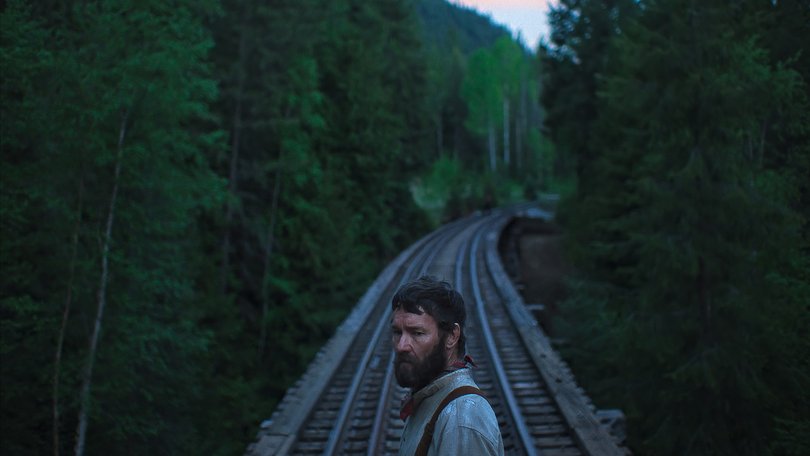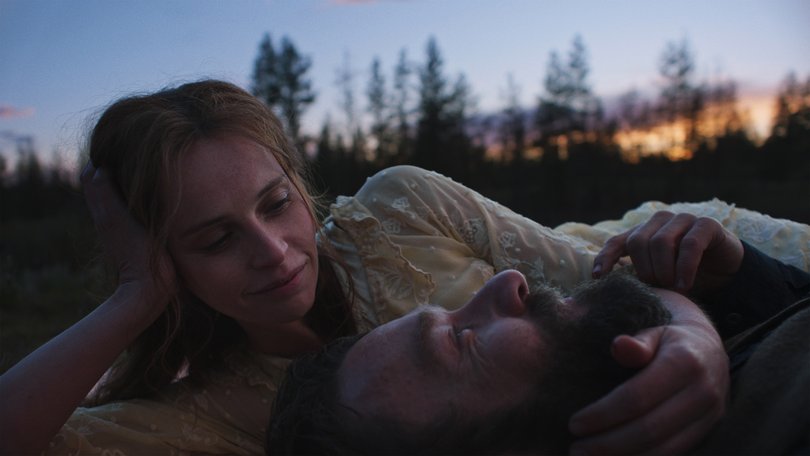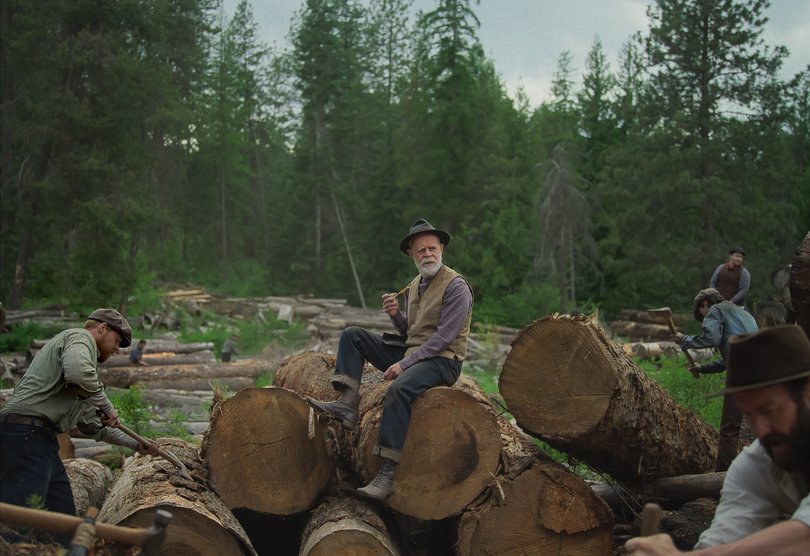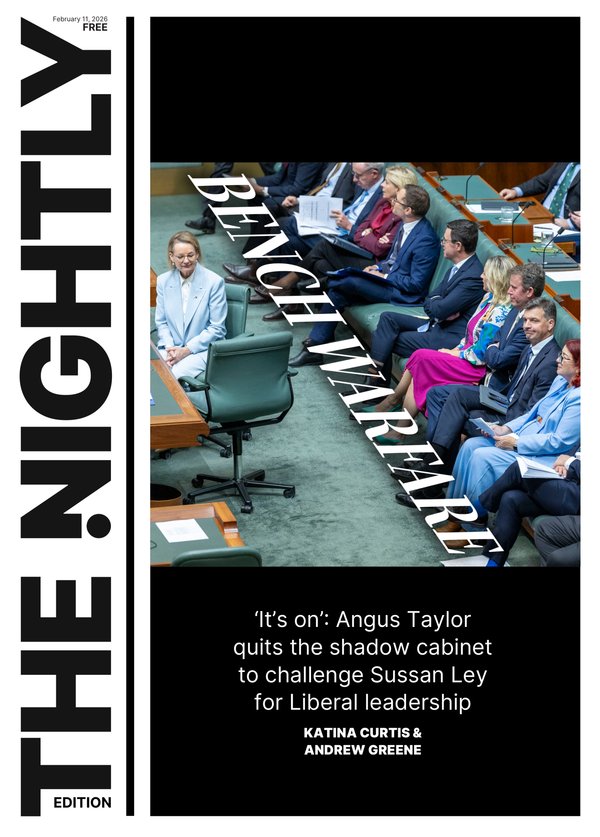Train Dreams explores what’s in a life: Everything and nothing
Train Dreams is a film that follows the generally mundane life of a man, in which nothing much happens but is deeply affecting.

On the first page of John Williams’ 1965 novel Stoner, the narrator tells us the book is about a man whose “colleagues, who held him in no particular esteem when he was alive, speak of him rarely now; to the older ones, his name is a reminder of the end that awaits them all, and to the younger ones, it is merely a sound which evokes no sense of the past and no identity with which they can associate themselves or their careers”.
The book proceeds to trace the generally mundane life of a fairly unremarkable man.
And now, 60 years after its publication, it’s having a surprising resurgence in popularity, especially among young readers who bandy it about on TikTok.
Sign up to The Nightly's newsletters.
Get the first look at the digital newspaper, curated daily stories and breaking headlines delivered to your inbox.
By continuing you agree to our Terms and Privacy Policy.I recently read Stoner in book club. (Shout-out to our founder Jesse, who once offered our readers an explanation of why the defence of Winterfell in Game of Thrones was disastrous. But I digress.)
While I adored it, I haven’t stopped thinking about the number of young people I see hyping it, this book in which nothing really happens. I suspect what’s appealing for them is a break from the deluge of loud, fast, constant content that insists on their attention every waking minute.
I’m particularly thinking of it today because I’ve just seen Train Dreams, a movie that follows the generally mundane life of a man, in which nothing much happens and which I found deeply affecting.

This meditation on life is a 102-minute respite from a world that never gives us a chance to slow down and realise how beautiful it truly is.
Perhaps that’s reductive. But, perhaps, that’s the point.
Clint Bentley’s elegiac movie, based on the 2011 Denis Johnson novella, follows the life of logger Robert Grainier (Joel Edgerton) in the early 20th century throughout the Pacific Northwest.
He’s quiet and withdrawn, though not sullen, when he meets Gladys (Felicity Jones), whom he marries around the beginning of World War I. They build a cabin in the woods and have a daughter, but Robert is pulled away from them for vast stretches of each year to earn his keep by chopping down trees and helping to build the nation’s railroads.
Knowing any more would only serve to spoil the film. Much like Stoner, it’s about how a person’s life unspools, how the path we think we’re on often isn’t the one we’re actually on, its nooks and crannies and switchbacks and breakneck turns not yet built.
As goes the phrase often attributed to Joe Strummer: “The future is unwritten.”
Robert watches as it’s written, often struggling with the speed at which changes sweeps through the nation.
“The world is an old place,” one character says, a thought repeated throughout the film.
Robert watches a Chinese man get killed on the rail, without knowing why. He meets Arn Peeples (William H. Macy), an explosives expert who warns that cutting down 500-year-old trees leaves a mark on a man’s soul (and, in the movie’s only laugh line, tells Robert that all people are worthy save those from Kansas, “a collection of savage lunatics”). He loves, and he loses, and he reckons.
Robert doesn’t speak much as he ponders it all, but he doesn’t need to. Edgerton’s masterful performance takes place on his face, eyes first furrowed with fear and then drenched in sorrow, the creases growing deeper the more he understands how little he understands about the world he helps build and later abandons.
Make no mistake: This is a ponderous film, at times bordering on languorous.

Adolpho Veloso’s cinematography is gorgeous, but if spending an awful lot of time staring in awe at the towering trees of the Pacific Northwest doesn’t sound appealing, Netflix might have other fare that’s better suited to you.
If it DOES sound enticing, don’t wait for it to hit the streaming service on November 21 — go to a movie theatre and let the image of an Earth disappearing, tree by tree, wash over you while the National’s Bryce Dessner’s dreamy strings swell and his hypnotic piano makes you forget time.
But forget time as we might, it still marches on, a lesson Robert learns again and again.
Early in his life, he finds himself sitting around the campfire with his fellow loggers. Arn suggests that one day, there might not be any trees left, that they’ll have cut them all down in the pursuit of some vague sense of American progress.
A younger logger scoffs, claiming that he’s seen the trees in Washington and Oregon and there are so many, they could log them for a thousand years. Anyway, he says, whatever they’ve chopped down will regrow before their work is anywhere close to finished.
Robert just watches. He knows that not everything regrows.
In fact, nothing does.
Not really.
Three and one-half stars. Rated PG-13. At theatres, available November 21 on Netflix. Contains some violence and sexuality. 102 minutes.
Rating guide: Four stars masterpiece, three stars very good, two stars okay, one star poor, no stars waste of time.
